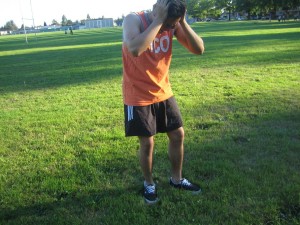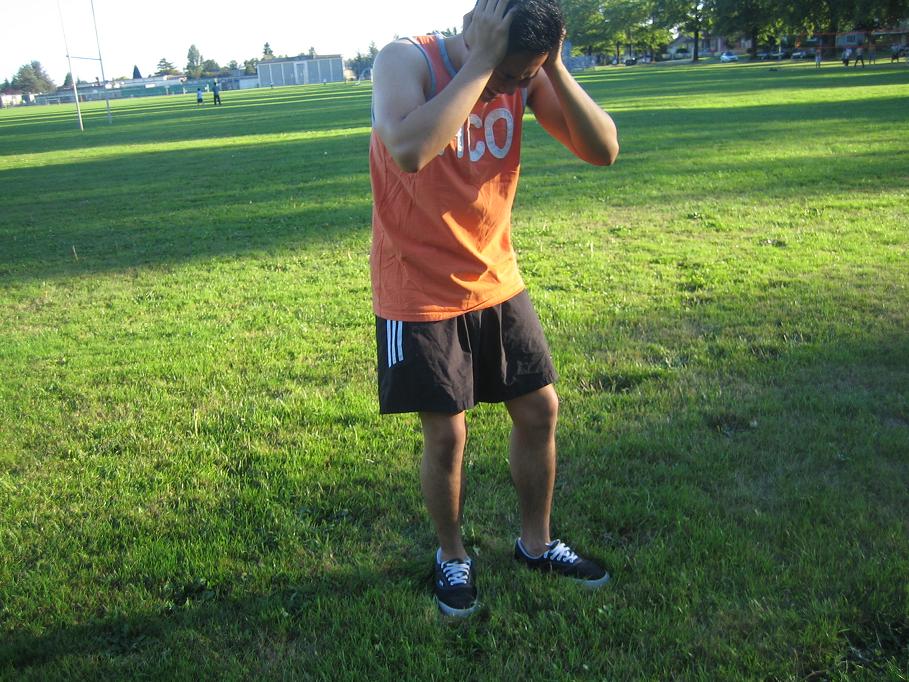Introduction
Dizziness is a common indication that’s not generally a sign of anything severe, but should be examined by a GP. The term “dizziness” means diverse things to different individuals – some use it to define feeling faint or off balance, while others use it to define a feeling that their surrounds are spinning. Because the symptom is quite unclear and can be caused by a wide variety of things, it might not always be easy to recognize the primary cause of dizziness.
Seeing your GP

Your doctor will first want to establish precisely what you mean by faintness, and check that you’re not essentially describing vertigo – a serious type of dizziness, where you feel your surrounds are revolving or moving.
They’ll also want to identify:
- Whether the dizziness started for no obvious reason, or if it followed an infection.
- Whether you have frequent episodes of faintness and, if so, when you tend to experience these.
- How long the faintness continues.
Dizziness can occasionally be caused by an ear infection. A simple way of differentiating between ear-related faintness and dizziness due to other causes is to establish whether it happens only when you’re standing or also when you’re lying down.
Dizziness that happens when you’re standing is possibly not related to the ear. Dizziness that occurs when you’re lying down is generally caused by a virus-related ear infection, which can’t be treated with antibiotics.
Common Causes of Dizziness
The most common reasons of dizziness are defined below.
- Migraine – dizziness might come on before or after a headache.
- Stress or nervousness – predominantly if you tend to hyperventilate (breathe unusually quickly when relaxing).
- Low blood sugar level (hypoglycaemia) – which is generally seen in individuals with diabetes.
- Dehydration or heat fatigue – dehydration could be due to not swallowing enough water during workouts, or illness that causes nausea, diarrhoea or fever.
- Vertebrobasilar insufficiency – reduced blood flow in the back of the brain, which might be caused by the blood vessels that connect to the brain from the heart being congested (known as atherosclerosis).
Less Common Causes of Dizziness
Less common causes of dizziness consist of:
- Having a severe infection or illness, that affects the whole body.
- Using entertaining drugs or consuming extreme amounts of alcohol (either binge drinking or long-standing alcohol abuse).
- Certain kinds of prescription medication – such as antidepressants or blood pressure medicine.
- Having a heart rhythm issue – such as atrial fibrillation (a quick, uneven heartbeat).
- Carbon monoxide poisoning.

